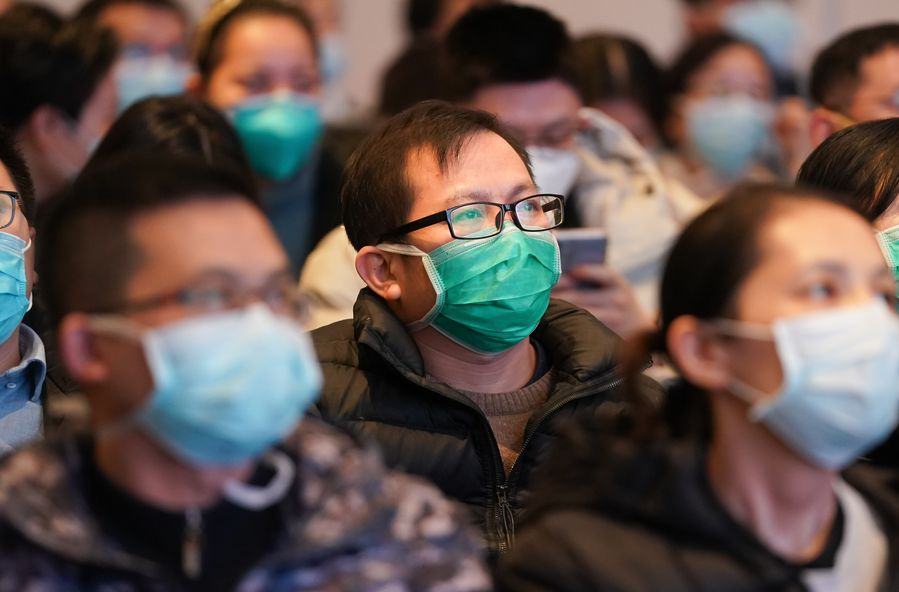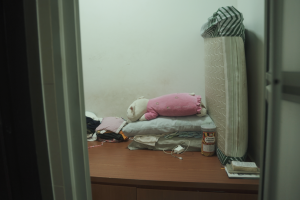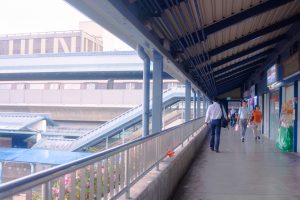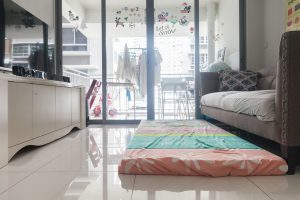However, the fear and panic has been unprecedented. Face masks are now a black market luxury, fake news is spreading on social media, and more than 122,000 people have signed a petition to ban Chinese nationals and travellers from China.
Is this reflective of the mood, or is it an online echo chamber?
We worked with independent research company Milieu to find out:
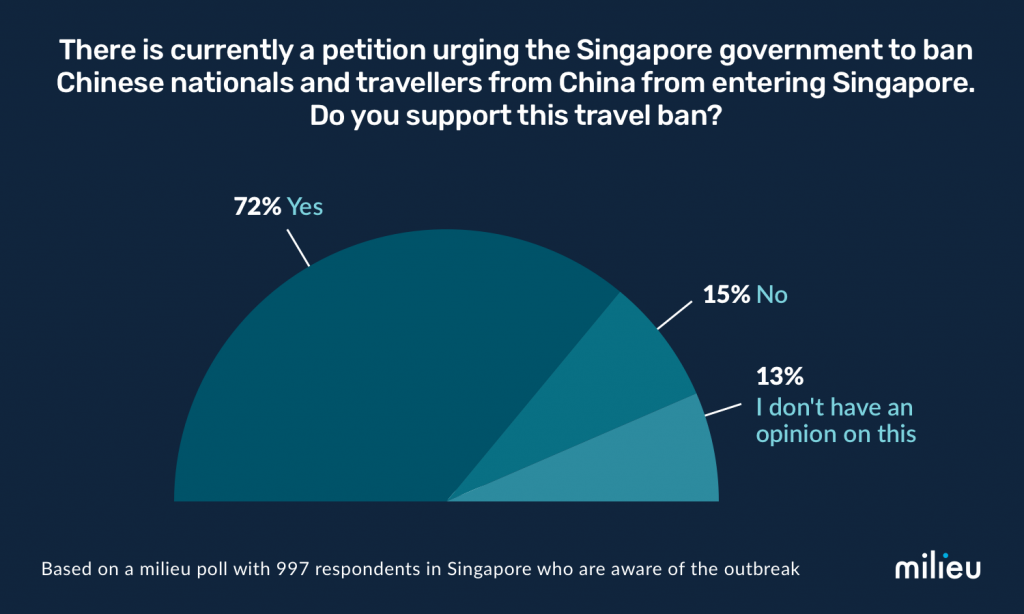
Despite scepticism from experts, a travel ban enjoys broad support across race, age, gender and even income levels. It is as popular amongst those who earned more than $12k (71%) as it is amongst those who earned less than $6k (72%). Young or old or middle-aged-at-heart, the figures never dip below 70%.
The only significant demographic division is between PAP supporters and PAP detractors, but more on that later.
Coming in at second place is Wuhan’s local government (36%), followed closely by the Chinese government (30%) and ‘all of the above’ (31%).
Only 5% believed such an outbreak was ‘inevitable’.
It seems that the ‘bat soup’ theory of contagion has become the most popular version of events. However, I should point out that it’s a theory at best. Experts and journalists are not convinced. A study by The Lancet, a British medical journal, showed that patient zero never visited the Huanan Seafood Market, and a third of the first 41 patients had no exposure to the market whatsoever. Thus, it remains to be seen if bat consumption or some more complicated means of zoonotic transmission is to blame.
Until more conclusive studies are completed, the cause of the epidemic is likely to remain a mystery.
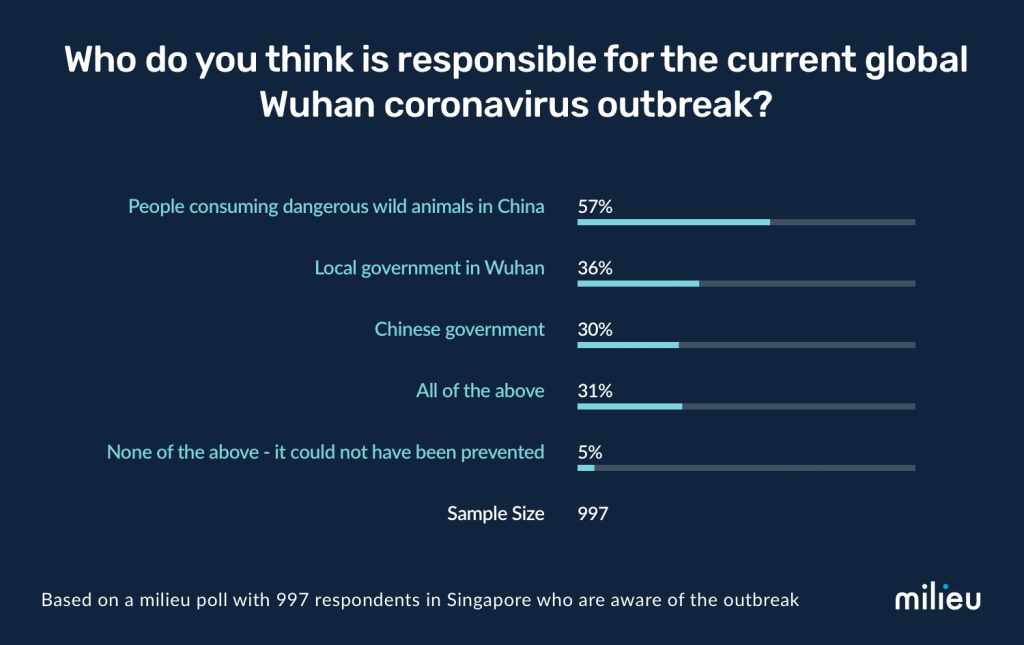
42% of Singapore residents were ‘extremely concerned’ about the Wuhan Coronavirus outbreak while a further 38% were ‘very concerned’.
There are no differences between genders or different age groups, but political affiliation is a major faultline. Those who identified as PAP supporters are slightly less concerned about the coronavirus epidemic than opposition supporters and fence-warmers. Only 36% of them are ‘extremely concerned’, as opposed to 49% of opposition supporters and 41% of those who are politically neutral.
This is also reflected in their degree of support for a China travel ban. Only 67% of PAP supporters backed a travel ban, as opposed to 82% of WP/SDP/PSP supporters and 72% of the ‘neutral’ party. PAP supporters were also more strident in their opposition to a travel ban, with 22% saying ‘No’ outright. Perhaps they trust the government to act in their best interests, and worry less as a consequence.
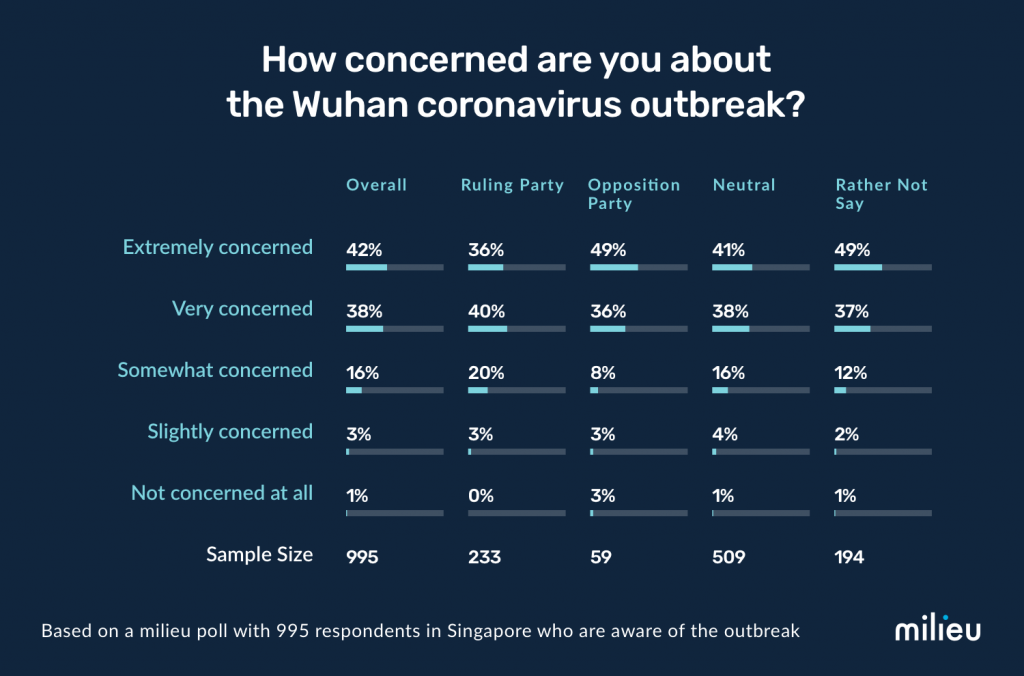
It remains to be seen how the government will respond, but a total ban on all travel is likely to have repercussions on the nation’s functioning. Tourism dollars can be written off, but cheap migrant labour has always been a cornerstone of Singapore’s economy. Chinese workers clean the toilets at Changi Airport, drive our buses, and do much of the construction and maintenance that keeps Singapore from falling apart at the seams.
A total ban would require replacing these workers on short notice, and it could be why the government has thus far demurred.
But one thing is for sure. Whatever the government does, it will be watched closely and with great interest. The next GE might not be about PMET employment or the impending GST hike after all. If the outbreak worsens, it would be a referendum on the PAP’s handling of the crisis.

